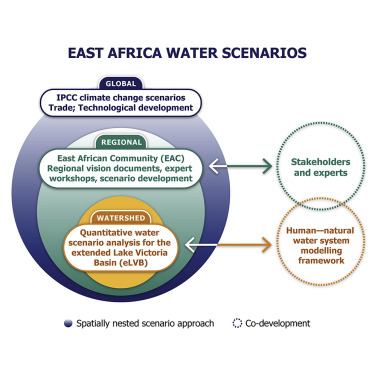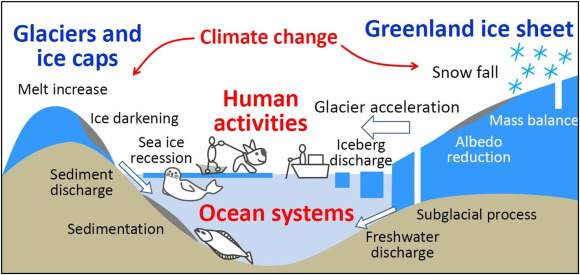The Lancet Public Health, Volume 6, March 2021
The Lancet Healthy Longevity, Volume 2, March 2021
The Lancet Digital Health, Volume 3, March 2021
The Lancet Global Health, Volume 9, March 2021
The Lancet Planetary Health, Volume 5, March 2021
Climate change can have detrimental effects on child health and wellbeing. Despite the imperative for a fuller understanding of how climate change affects child health and wellbeing, a systematic approach and focus solely on children (aged <18 years) has been lacking. In this Scoping Review, we did a literature search on the impacts of climate change on child health from January, 2000, to June, 2019. The included studies explicitly linked an alteration of an exposure to a risk factor for child health to climate change or climate variability.
EClinicalMedicine, Volume 33, March 2021



